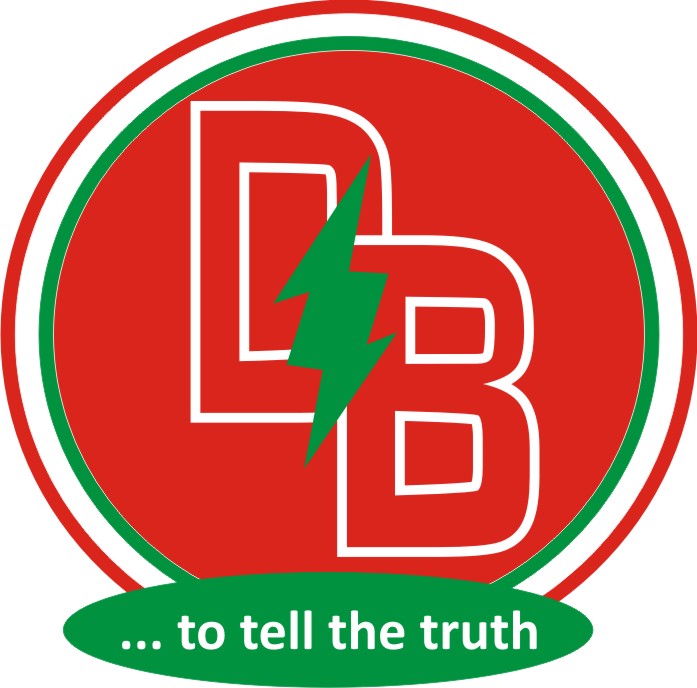Lagos nightclubs generated a staggering N4.32 billion ($2.7 million) during the December period, a new report claims.
The report by advisory firm MO Africa Company Limited analysed data from November 19 to December 26, highlighting how the city’s vibrant hospitality and tourism sectors attracted travellers from across the globe.
Lagos alone welcomed an estimated 1.2 million tourists, of which 60% were domestic travellers, the report revealed.
This surge was partly attributed to insecurity in southeastern Nigeria, which prompted many to prioritise Lagos which is deemed safer.
Most arrivals came for leisure and tourism, while preferred destinations in Nigeria, for visitors coming from abroad, included Lagos, Edo, Delta, Ondo, and Ogun states.
Kayode Omosebi, CEO of MO Africa Company Limited, says his team surveyed hotels, airports, short-let agents, and nightclubs to compile the data.
Omosebi noted the increasing reliance on cryptocurrency in Lagos’ hospitality sector.
“Eighty-five percent of conversion to Naira and payments were done through this exchange platform. A number of bookings were done through agents rather than through booking platforms, which speaks to trust concerns and the power-play of agents in the industry.”
Looking ahead, Omosebi projected that ‘Detty December’ could bring in up to $2 billion in foreign exchange by 2026.
The influx of visitors drove record-breaking revenue across multiple sectors with hotels in Lagos reported to have generated an earning of N54 billion ($36 million) from 15,000 bookings in December.
Short-term apartment rentals added another N21 billion ($13 million) from nearly 6,000 bookings. Short-let apartments charged an average nightly rate of N120,000 ($74.7).
The nightlife was another standout sector, with Lagos’ top 15 nightclubs generating a combined N4.32 billion ($2.7 million). Daily revenue for clubs averaged N360 million ($224,000), with premium tables fetching up to N1.2 million ($746.7) per night.
Beaches and resorts contributed proportionately as well, accounting for 70% of the N4.5 billion ($2.8 million) earned from recreational activities.

